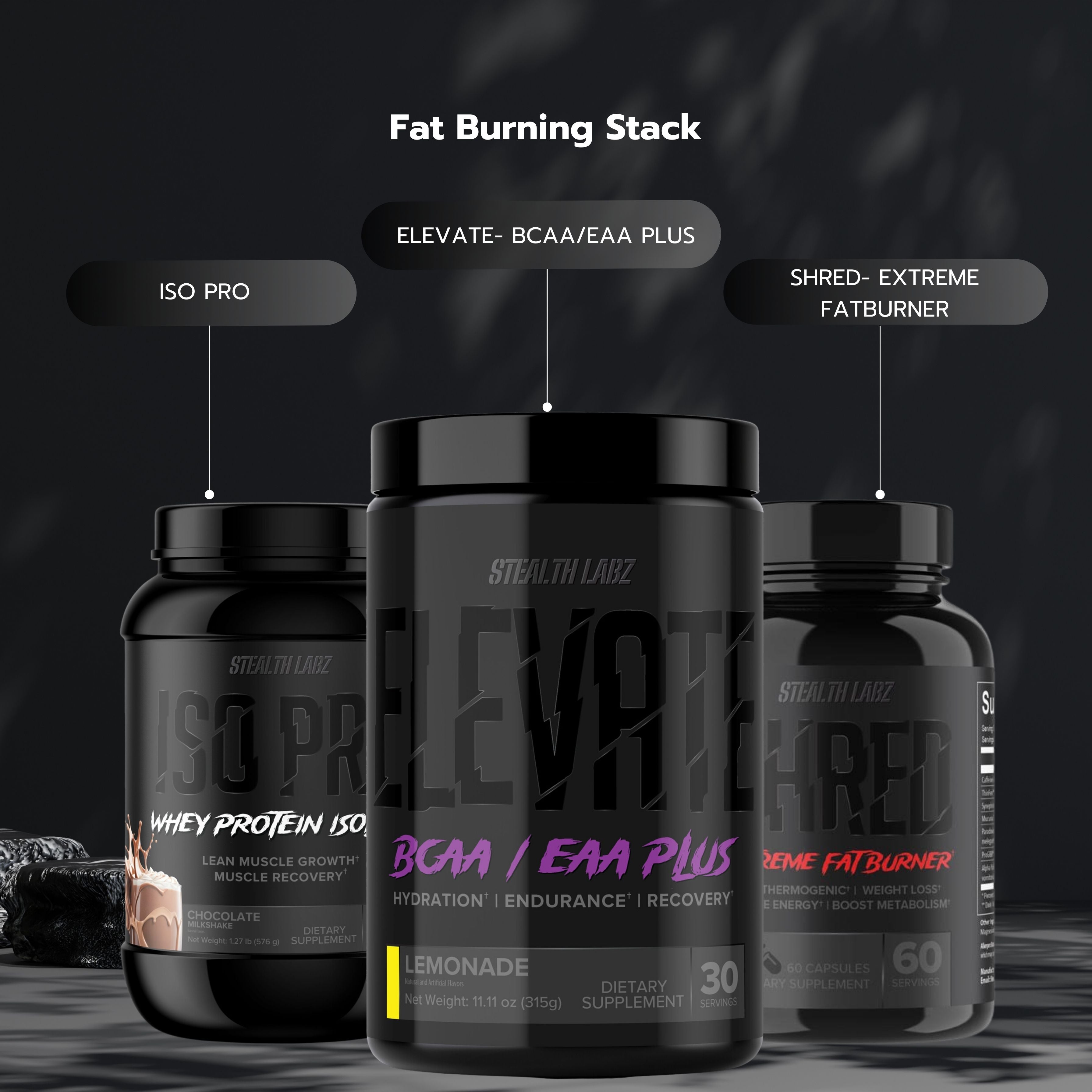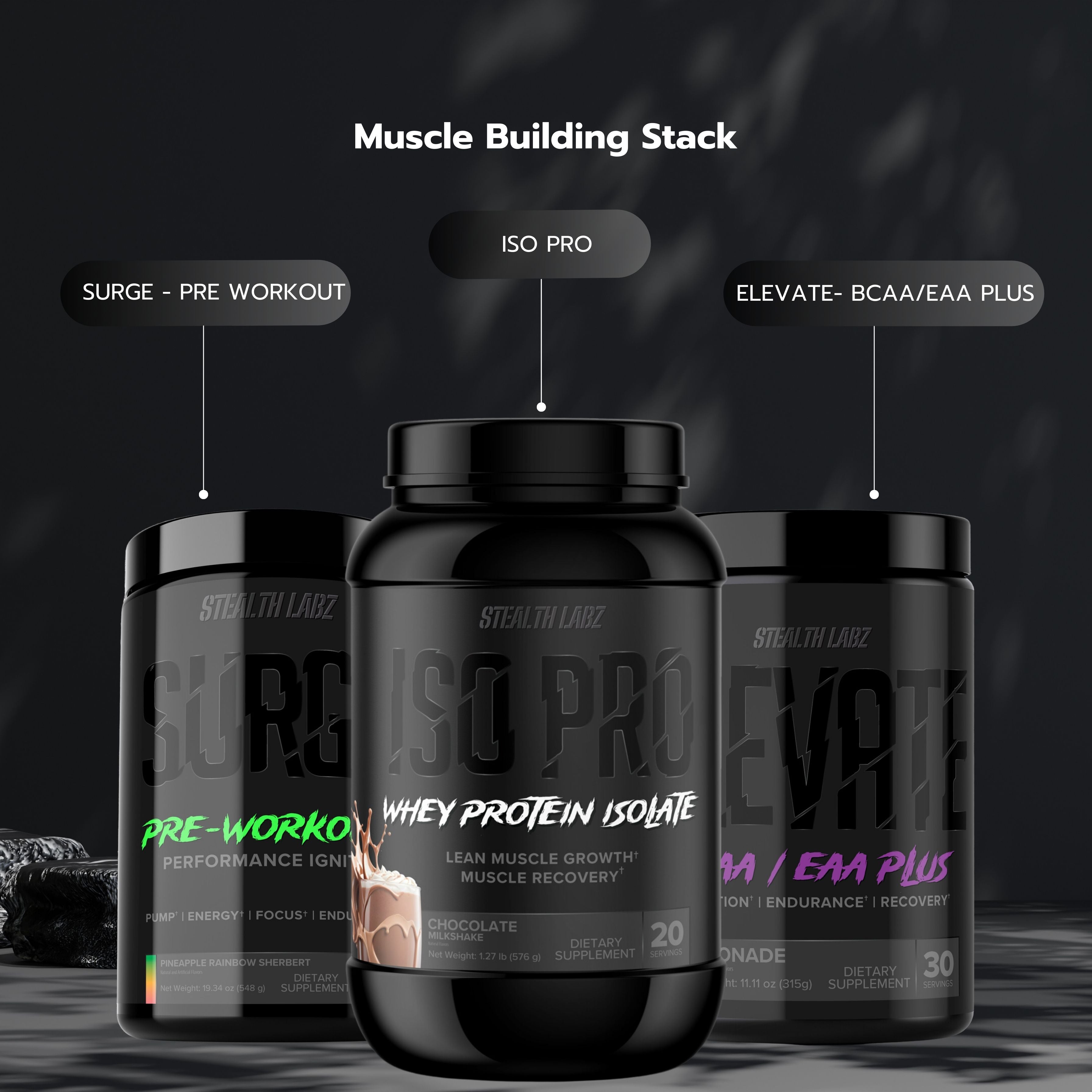Article: How Much Water Should You Drink to Lose Weight Fast: Quick Guide
How Much Water Should You Drink to Lose Weight Fast: Quick Guide
Drinking enough water can help with weight loss. But how much is enough?
To lose weight quickly, drinking water can be a powerful tool. Water boosts metabolism, curbs hunger, and flushes out toxins. It helps your body burn more calories. Many people overlook this simple method. They focus on diets or exercise plans.
While these are important, water plays a key role too. Staying hydrated keeps your body functioning well. It also reduces the chance of overeating. Thirst is often confused with hunger. Drinking enough water can prevent this mistake. Knowing the right amount to drink is crucial. It helps you achieve your weight loss goals faster. Let’s explore how water intake can accelerate weight loss. We'll look at the science and offer practical tips.
Daily Water Intake
Drinking enough water can aid in weight loss. Aim for 8-10 glasses daily to boost metabolism and reduce hunger. Staying hydrated helps the body burn calories more efficiently.
Drinking water is a simple yet powerful tool in your weight loss journey. Understanding how much water to consume daily can help you shed those extra pounds faster. But how do you know the right amount for you? ###
Factors Affecting Needs
Your daily water needs aren't one-size-fits-all. Factors such as age, weight, activity level, and climate play a crucial role. If you exercise regularly or live in a hot climate, you'll need more water. Think about your lifestyle. Are you spending hours in an air-conditioned office, or are you hitting the gym daily? These differences matter in determining how much water your body needs. ###
Recommended Amounts
A general guideline is to drink at least eight 8-ounce glasses of water per day, known as the "8x8 rule." But your needs might differ. Some experts suggest drinking half your body weight in ounces. For example, if you weigh 150 pounds, aim for 75 ounces of water daily. But listen to your body. It’s wise to adjust your intake based on how you feel throughout the day. Ever noticed how a glass of water can curb hunger pangs? This simple habit might help you consume fewer calories and improve your weight loss efforts. So, what’s your water intake plan? Consider keeping a water bottle with you throughout the day. This small change can make a big difference in reaching your weight loss goals.
Water And Weight Loss
Drinking water can help with weight loss. It is simple and effective. Water boosts your body's natural processes. It keeps your body in balance. Staying hydrated is crucial for losing weight. Learn how water aids in shedding pounds.
Role In Metabolism
Water speeds up your metabolism. A faster metabolism burns more calories. Cold water is especially helpful. It forces your body to work harder. This extra effort burns calories. Drinking water before meals can also boost metabolism.
Appetite Suppression
Water can help control your hunger. Drinking water before eating makes you feel full. This reduces the amount you eat. Sometimes, thirst is mistaken for hunger. Staying hydrated helps avoid unnecessary snacking. Water is calorie-free. It is a great choice for those wanting to lose weight.
Hydration Tips
Drinking water is essential for weight loss. Aim for eight glasses a day to stay hydrated and curb hunger. Adjust intake based on activity level and climate for best results.
Staying hydrated is crucial when you're on a weight loss journey. But how do you ensure you're drinking enough water to support your goals? Here are some practical hydration tips to help you drink smarter and stay on track with your weight loss efforts.
Choosing The Right Time
Timing your water intake can make a significant difference. Drinking a glass of water before meals can help control hunger and prevent overeating. Research shows that people who drink water before a meal tend to consume fewer calories. Consider starting your day with a glass of water. It kickstarts your metabolism and helps flush out toxins accumulated overnight. Keep a water bottle by your bed to remind you. What about drinking water before or after exercise? Hydration is key to maximizing your workout's effectiveness. Make it a habit to drink a small amount of water before you start and replenish afterward to recover lost fluids.
Enhancing Water Intake
Are you struggling to drink enough water? Adding natural flavors can make it more enjoyable. Try adding slices of lemon, cucumber, or mint leaves to your water for a refreshing twist. Set small, achievable goals to increase your intake. Use a marked water bottle to track your progress throughout the day. Apps can also send reminders to keep you on schedule. Do you find plain water boring? Consider herbal teas or infused water for variety without added calories. Just ensure these alternatives don't contain hidden sugars. Implementing these strategies can make staying hydrated feel less like a chore and more like a simple, everyday habit. How will you adjust your hydration habits to support your weight loss goals?
Potential Risks
Drinking water is often hailed as a simple yet effective way to shed pounds quickly. But like many things, it's possible to overdo it. While staying hydrated can boost weight loss, it's crucial to understand the potential risks associated with drinking too much or too little water. Let's dive into the concerns of overhydration and dehydration, so you can strike the right balance on your weight loss journey.
Overhydration Concerns
Drinking excessive amounts of water can lead to overhydration, also known as water intoxication. It's more than just feeling bloated; it can lower the sodium levels in your blood, causing a condition called hyponatremia. This can be dangerous, and in severe cases, even life-threatening.
Imagine you're running a marathon and chugging water every mile. While staying hydrated is essential, consuming too much too quickly can disrupt the balance of electrolytes in your body. Balance is key. Drink when you're thirsty, and listen to your body's signals.
Do you find yourself drinking water even when you're not thirsty? It's easy to get caught up in the idea that more is better, but moderation is crucial. Consider setting a schedule or using a water tracker to prevent overhydration.
Signs Of Dehydration
On the flip side, dehydration can sneak up on you, especially if you're focused on cutting calories and exercising more. It's not just about feeling thirsty; dehydration can lead to headaches, fatigue, and even dizziness.
Picture yourself at the gym, pushing through a tough workout. Sweat pours down, and your body's fluid levels drop. If you're not replenishing lost fluids, your performance can suffer. Keep a water bottle handy and sip regularly to stay hydrated.
Do you often feel tired or have dry skin? These could be signs of dehydration. Make it a habit to check in with your body throughout the day. A simple way to monitor hydration is to observe the color of your urine. Pale yellow is typically a good sign.
Hydration is a balancing act. Are you prepared to find your perfect equilibrium between overhydration and dehydration? Knowing the signs and listening to your body will help you stay on track with your weight loss goals without compromising your health.
Frequently Asked Questions
How Much Water Should I Drink A Day To Lose Weight Fast?
Drink at least 8-10 glasses of water daily to support weight loss. Water boosts metabolism and reduces hunger. Staying hydrated helps your body function optimally, aiding weight loss efforts. Adjust intake based on activity level and climate for best results.
Always consult a healthcare provider for personalized advice.
Can I Lose Belly Fat By Drinking Water?
Drinking water alone doesn't directly burn belly fat. It can aid weight loss by boosting metabolism and reducing calorie intake. Staying hydrated helps improve digestion and can curb hunger, supporting overall weight loss efforts. Combine water consumption with a balanced diet and exercise for best results.
Can You Lose 5 Pounds In A Week By Drinking Water?
Drinking water alone won't make you lose 5 pounds in a week. Weight loss requires a calorie deficit. Water can help control appetite and improve metabolism, but effective weight loss involves balanced diet and exercise. Aim for healthy habits to achieve sustainable results.
How To Lose 20 Pounds Of Water Weight In A Week?
Rapid water weight loss can be dangerous. Focus on reducing salt intake, increasing water consumption, and eating diuretic foods like cucumbers and watermelon. Exercise regularly and avoid processed foods. Always consult a healthcare professional before making drastic changes to your diet or fitness routine.
How Much Water To Drink Daily For Weight Loss?
Aim for about 8-10 cups daily. Helps with hydration and appetite control.
Does Drinking Water Burn Calories?
Yes, it slightly boosts metabolism. Drinking cold water burns more calories.
Can Water Intake Reduce Hunger
Yes, water can make you feel full. Helps reduce unnecessary snacking.
Is Drinking Water Before Meals Helpful?
Drinking water before meals can reduce calorie intake. Makes you eat less.
How Does Water Aid Weight Loss?
Water helps in digestion and metabolism. Keeps your body's systems running smoothly.
Can Too Much Water Be Harmful?
Yes, excessive water can cause imbalance. Stick to recommended intake.
Conclusion
Drinking enough water helps with weight loss. It boosts metabolism and curbs hunger. Remember to drink regularly throughout the day. Listen to your body's thirst signals. Everyone's water needs are different. Factors like age, activity, and climate matter. Aim for at least eight glasses daily.
More if you're active. Don't rely solely on water for weight loss. Combine with healthy eating and exercise. Balance is key for success. Stay hydrated and see the difference in your journey. Small changes lead to big results. Keep track and stay committed.
Your health matters, and water plays a part.
Would you like me to create ultimate hydration recommendation or sample product list to go with this?











Leave a comment
This site is protected by hCaptcha and the hCaptcha Privacy Policy and Terms of Service apply.